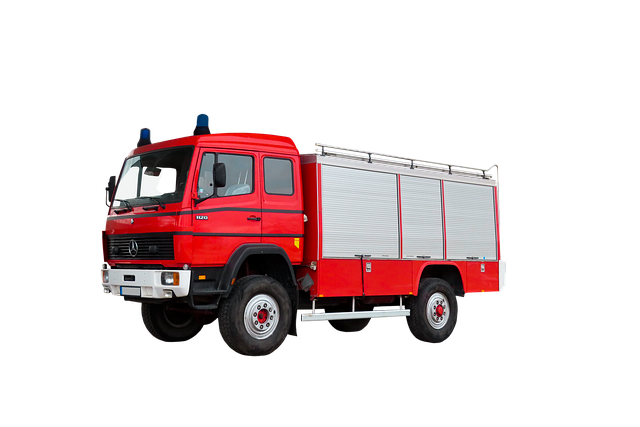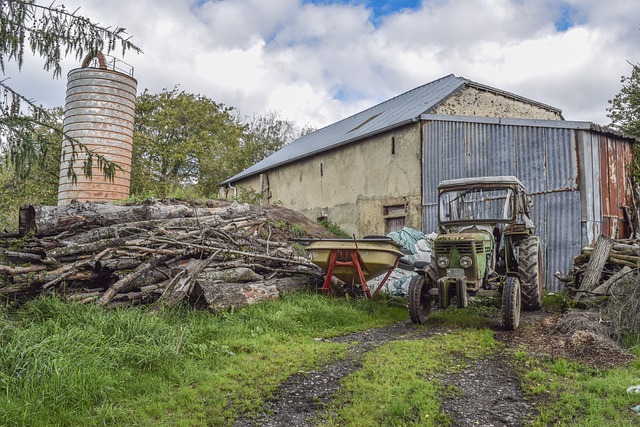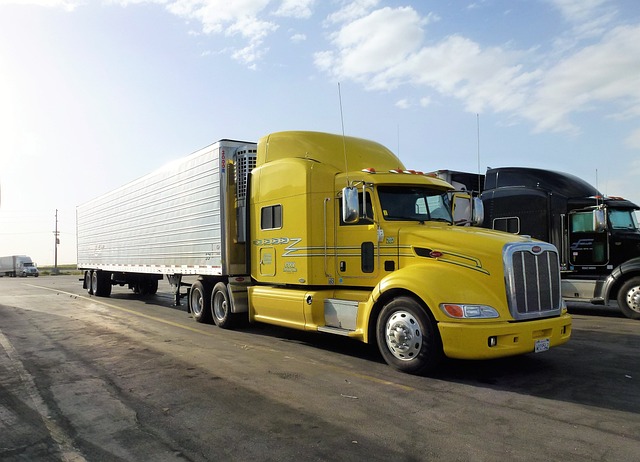Fleet managers in the commercial trucking industry use a vehicle's accident history as a critical tool for prediction and prevention. By meticulously analyzing past incidents, they identify recurring issues and implement data-driven decisions for improved safety and asset management, reducing operational costs and enhancing vehicle lifespan. Regular comprehensive checks are essential for maintaining reliability, preventing crashes, and fostering a culture of safety. This proactive approach leverages historical data to make strategic choices regarding maintenance, upgrades, and vehicle replacement, ultimately optimizing performance and efficiency.
Understanding a vehicle’s history is critical in the commercial trucking industry, where safety is paramount. A thorough Commercial Truck Accident History check reveals previous incidents, offering insights into potential issues and wear and tear. This becomes increasingly relevant given recent recalls, such as General Motors’ massive recall due to a defect linked to rear wheel lockup, underscoring the risk of serious crashes. By delving into accident history, fleet managers can make data-driven decisions, ensuring their vehicles’ safety and reliability on the road.
- The Impact of Commercial Truck Accident History
- Uncovering Past Incidents: A Comprehensive Check
- Safety and Reliability: Key Benefits of Checks
- Recent Recalls: Highlighting the Need for Checks
- Informed Fleet Management: Making Data-Driven Decisions
The Impact of Commercial Truck Accident History

A vehicle’s accident history paints a clear picture of its performance and safety record, which is particularly crucial in the commercial trucking sector. Beyond simply revealing past crashes, this history provides valuable data on recurring issues, maintenance patterns, and potential areas of concern. By examining these records, fleet managers can anticipate future problems and proactively address them. For instance, frequent accidents due to braking issues could indicate a need for more rigorous brake maintenance or an upgrade to improve stopping power.
Moreover, understanding accident history helps in gauging the overall reliability of a truck. It enables managers to identify vehicles that may require more frequent servicing or those with known vulnerabilities, allowing them to make informed choices regarding vehicle replacement and maintenance schedules. This proactive approach not only enhances safety but also optimizes operational costs by minimizing unexpected breakdowns and reducing downtime.
Uncovering Past Incidents: A Comprehensive Check

Uncovering past incidents requires a meticulous process, delving into various databases and records. This check involves sifting through official reports, insurance claims, and maintenance logs to identify any historical accidents or significant events. Each incident is scrutinized for details such as the nature of the accident, damage sustained, and underlying causes. These insights are invaluable in understanding recurring issues and potential systemic problems within a fleet.
A comprehensive check ensures that no stone is left unturned, allowing managers to make data-driven decisions. By analyzing historical data, they can identify patterns, assess risk levels, and implement preventive measures. This proactive approach not only enhances safety but also optimizes vehicle performance, reducing the likelihood of future accidents and associated costs.
Safety and Reliability: Key Benefits of Checks

Comprehensive Commercial Truck Accident History checks are pivotal for ensuring safety and reliability in the trucking industry. These examinations go beyond simply uncovering past accidents; they provide a holistic view of a vehicle’s health, highlighting potential issues that may have gone unnoticed otherwise. By scrutinizing accident records, fleet managers can identify recurring problems, such as mechanical failures or driver error, allowing them to implement targeted preventative measures.
The benefits extend further, impacting not just individual vehicles but entire fleets. Regular checks enable proactive maintenance, reducing the likelihood of unexpected breakdowns on the road. This is particularly crucial for commercial trucks, which operate under stringent schedules and often travel long distances, increasing the risk of hazards if a vehicle suddenly malfunctions. Ultimately, these checks contribute to a culture of safety, fostering trust among drivers and passengers alike, and ensuring that each journey is as secure as possible.
Recent Recalls: Highlighting the Need for Checks

Recent recalls have underscored the importance of thoroughly checking a vehicle’s past, especially in the commercial trucking industry. For instance, General Motors’ recall of nearly 462,000 diesel-powered pickup trucks and large SUVs highlights a critical defect that can cause the rear wheels to lock up, posing a significant crash risk. This event serves as a stark reminder of how crucial it is for fleet managers to conduct comprehensive accident history checks. By examining previous accidents and understanding potential wear and tear or underlying issues, they can make informed decisions to ensure the safety and reliability of their vehicles.
Informed Fleet Management: Making Data-Driven Decisions

Informed fleet management relies heavily on data, and a vehicle’s accident history is a rich source. By meticulously analyzing past incidents, fleet managers gain valuable insights into potential hazards and areas for improvement. This data-driven approach allows them to make strategic decisions, such as implementing safety protocols, scheduling maintenance, or even replacing vehicles based on their performance and accident records.
Moreover, understanding historical data helps in identifying patterns and trends that might otherwise go unnoticed. For instance, frequent accidents due to a specific component failure can prompt proactive measures like upgrading to more reliable parts or modifying driving routines. This proactive fleet management not only enhances safety but also reduces operational costs associated with repairs and maintenance.
In the commercial trucking sector, prioritizing safety is paramount. Conducting thorough Commercial Truck Accident History checks is not just a regulatory requirement but an essential step towards fostering a culture of safety and reliability. By examining past incidents, fleet managers can anticipate potential issues, ensure vehicle maintenance, and make data-driven decisions to prevent future accidents, ultimately contributing to the well-being of drivers, passengers, and other road users.



